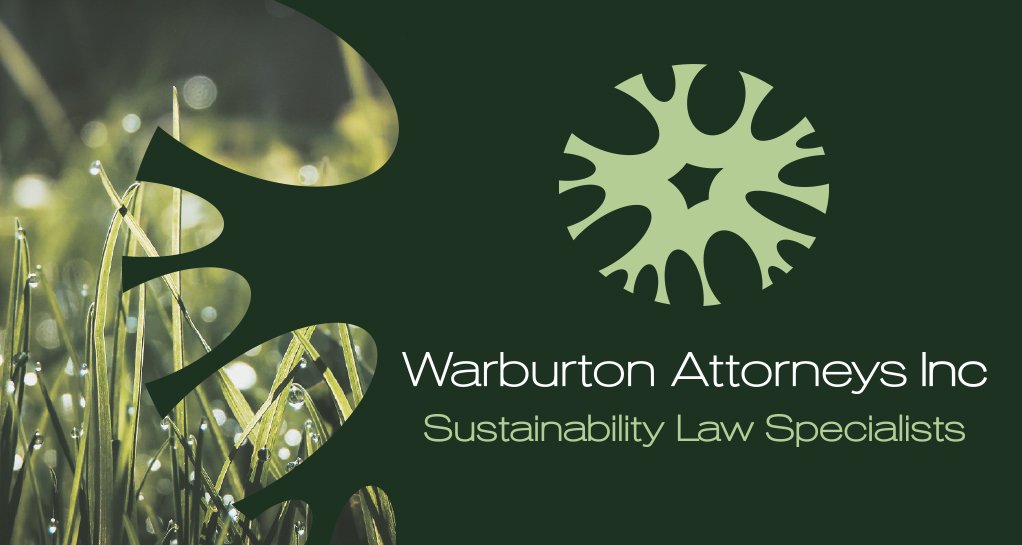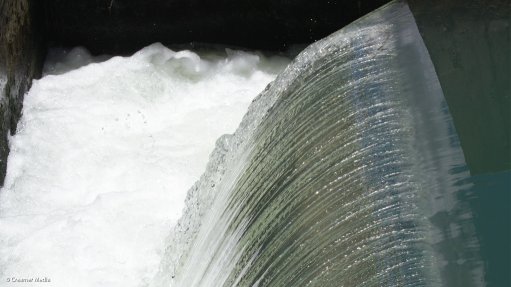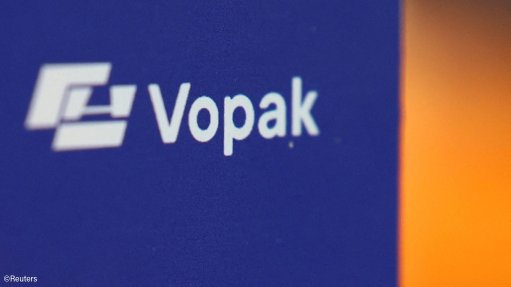The new UPRDA from an environmental perspective
Written by Mikaella Bodeux
On 25 October 2024, South African President Cyril Ramaphosa assented to the Upstream Resources Development Bill (now the Upstream Petroleum Resources Development Act, 23 of 2024) (the Act). The Act delineates the oversight of petroleum resources in South Africa, including the regulation of exploration and production of oil and gas. At face value, the Act seems propitious as it seeks to accelerate oil and gas exploration and production, which should in turn bolster the South African economy. The Act promotes the involvement of black persons in the industry and provides for government to have a 20% carried interest in oil and gas exploration and production. The Act also introduces a new petroleum right, which will allow exploration and production to be undertaken under a single license, as well as the concept of “competitive administrative licensing rounds” which are aimed at increasing competition in this sector, thereby boosting industry development.
The Need for a Tailored Approach
However, in the absence of a comprehensive legal framework which deals with the specific impacts of these activities, the acceleration of petroleum exploration and production could have severe ramifications for the environment. At present, petroleum exploration and production are mentioned under the Listing Notices to the Environmental Impact Assessment Regulations, 2014, and are indirectly regulated under other Specific Environmental Management Acts. However, a more tailored approach to petroleum exploration and production is arguably required, with offshore and onshore activities ideally dealt with separately and distinctly. This would ensure that the applicable legal framework properly accounts for and addresses the nuances of these activities and their impacts, in particular their environmental impacts.
Environmental Impacts
Firstly, offshore exploration and production often take place over a larger surface area than onshore activities, and the effects of offshore activities are likely to impact a larger surface area. An onshore oil spill, for example, will likely have a relatively limited impact depending on the source-pathway-receptors in the area of the spill. Conversely, offshore oil spills are likely to impact a larger area since oil is able to spread rapidly in the ocean and may even cause transboundary harm. The impacts of onshore exploration and production, with the possible exception of fracking, are also relatively well-known from a scientific standpoint. The impacts of offshore activities, however, are far less known as the technology used for offshore exploration and production has developed significantly in the past few decades. It is unclear how offshore exploration and production can be accelerated despite these scientific uncertainties, particularly bearing in mind that Section 2 of the National Environmental Management Act (107 of 1998) requires that a precautionary approach is taken where such uncertainties exist.
Public Participation
Secondly, the nature of public participation for onshore and offshore exploration and production is different. There are no direct landowners or lawful occupiers which are impacted by offshore activities but there are entire communities, towns and regions with an interest in these activities and who may nevertheless be affected by oil and gas projects. The Act does not address the facilitation of public participation with broader groups of interested and affected parties, and how to notify these groups of proposed offshore exploration and production activities. The Act does make provision for regulations to be made which deal with consultation with interested and affected parties, however this issue will remain at least until these regulations are in force.
Compliance and Enforcement
Lastly, the approach to compliance and enforcement will also be inherently different for offshore and onshore projects. Offshore site inspections are more complex owing to the accessibility, or rather inaccessibility, of rigs operating out at sea. Additionally, there are no neighbours or landowners in close proximity to these activities who might report potential non-compliances when inspectors are not present on site. This begs the question as to whether the Department of Minerals and Energy and the Petroleum Agency South Africa (PASA) have the capacity and capability to ensure that offshore projects will comply with the Act and other applicable environmental legislation.
Environmental Authorisations and the Role of PASA
The Act retains PASA as the competent authority for the issuing of environmental authorisations for oil and gas projects. PASA’s mandate includes, inter alia, the promotion of the development of petroleum input industries. PASA also has a significant role to play in Operation Phakisa which is specifically aimed at achieving the rapid development of South Africa’s oil and gas sector. It is unclear how PASA is able to reconcile these objectives with the need to protect the environment.
Achieving its Objectives
The Act seems promising but may be cause for concern from an environmental perspective. The main obstacles to the acceleration of oil and gas projects in the country at the moment seem to be the internal appeals and review applications launched against these projects, such as Sustaining the Wild Coast and Others v the Minister of Mineral Resources and Energy and Others and the recently instituted Green Connection NPC and Another v the Minister of Forestry, Fisheries and the Environment and Others. The arguments raised in these matters are largely premised on environmental concerns such as climate change impacts and scientific uncertainty. It is difficult to envisage how the Act will succeed in accelerating oil and gas development if these projects continue to be held up by litigious processes, which will likely be the case until these concerns are properly addressed by the Legislature.
Article Enquiry
Email Article
Save Article
Feedback
To advertise email advertising@creamermedia.co.za or click here
Announcements
What's On
Subscribe to improve your user experience...
Option 1 (equivalent of R125 a month):
Receive a weekly copy of Creamer Media's Engineering News & Mining Weekly magazine
(print copy for those in South Africa and e-magazine for those outside of South Africa)
Receive daily email newsletters
Access to full search results
Access archive of magazine back copies
Access to Projects in Progress
Access to ONE Research Report of your choice in PDF format
Option 2 (equivalent of R375 a month):
All benefits from Option 1
PLUS
Access to Creamer Media's Research Channel Africa for ALL Research Reports, in PDF format, on various industrial and mining sectors
including Electricity; Water; Energy Transition; Hydrogen; Roads, Rail and Ports; Coal; Gold; Platinum; Battery Metals; etc.
Already a subscriber?
Forgotten your password?
Receive weekly copy of Creamer Media's Engineering News & Mining Weekly magazine (print copy for those in South Africa and e-magazine for those outside of South Africa)
➕
Recieve daily email newsletters
➕
Access to full search results
➕
Access archive of magazine back copies
➕
Access to Projects in Progress
➕
Access to ONE Research Report of your choice in PDF format
RESEARCH CHANNEL AFRICA
R4500 (equivalent of R375 a month)
SUBSCRIBEAll benefits from Option 1
➕
Access to Creamer Media's Research Channel Africa for ALL Research Reports on various industrial and mining sectors, in PDF format, including on:
Electricity
➕
Water
➕
Energy Transition
➕
Hydrogen
➕
Roads, Rail and Ports
➕
Coal
➕
Gold
➕
Platinum
➕
Battery Metals
➕
etc.
Receive all benefits from Option 1 or Option 2 delivered to numerous people at your company
➕
Multiple User names and Passwords for simultaneous log-ins
➕
Intranet integration access to all in your organisation




















